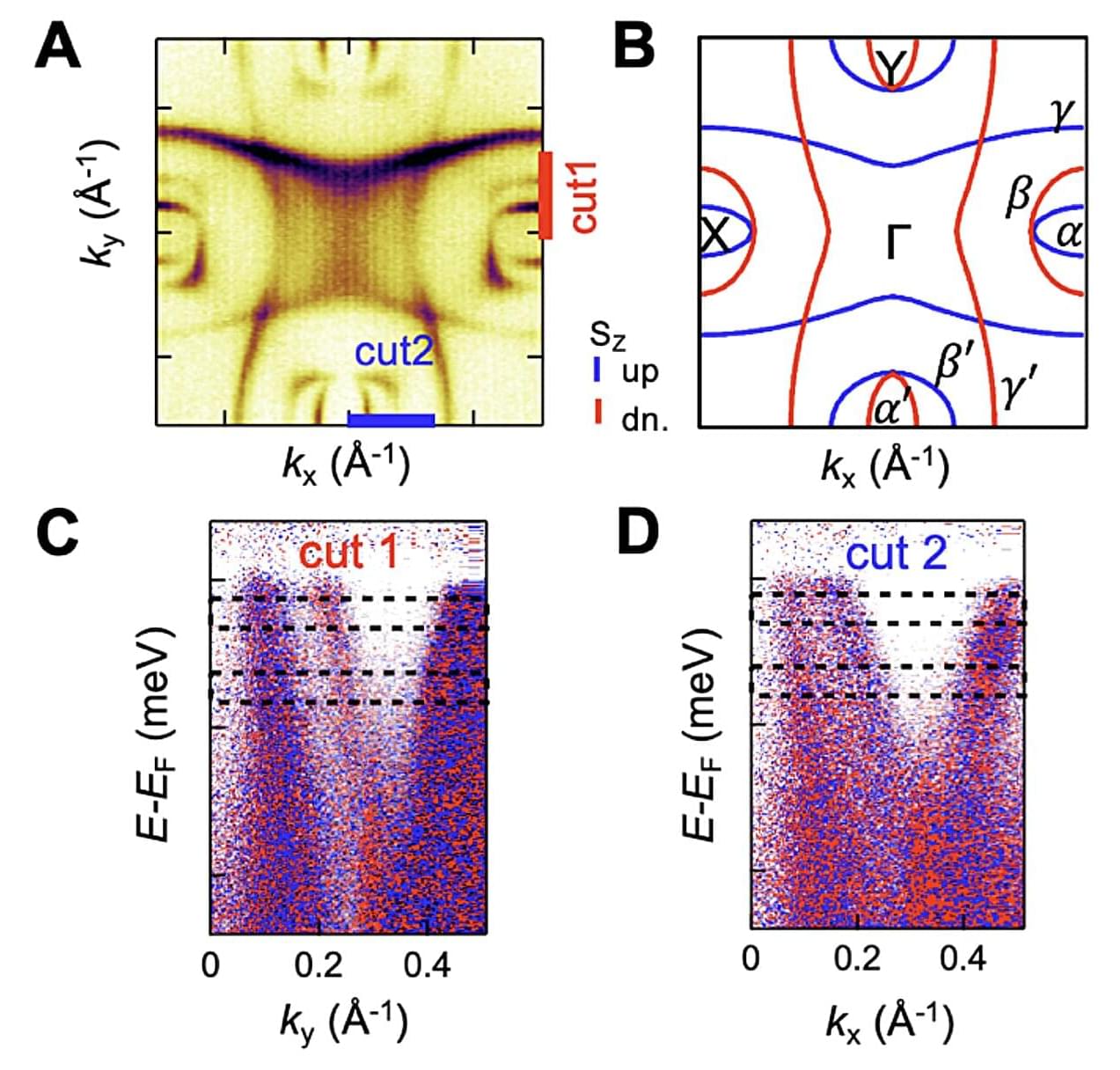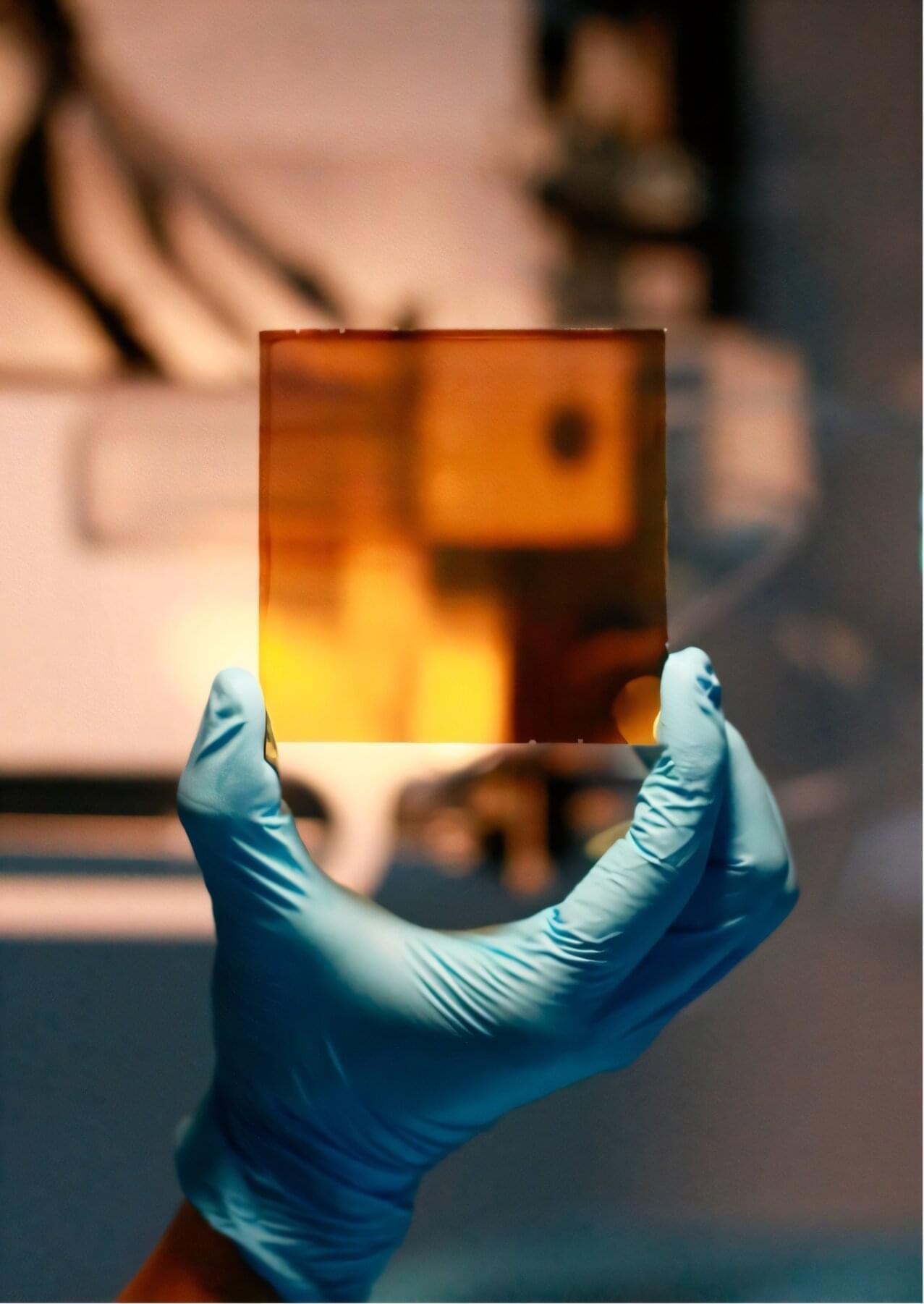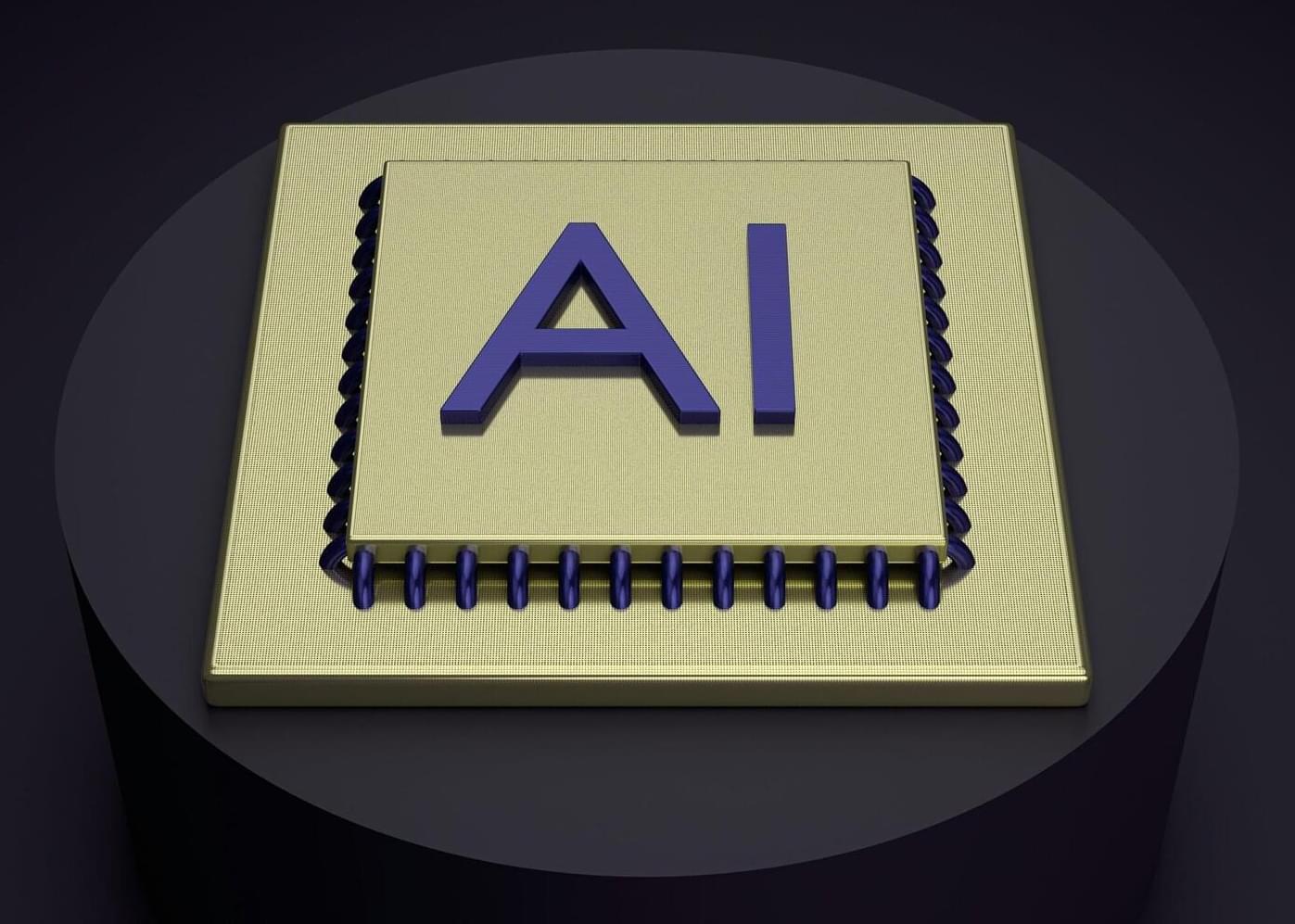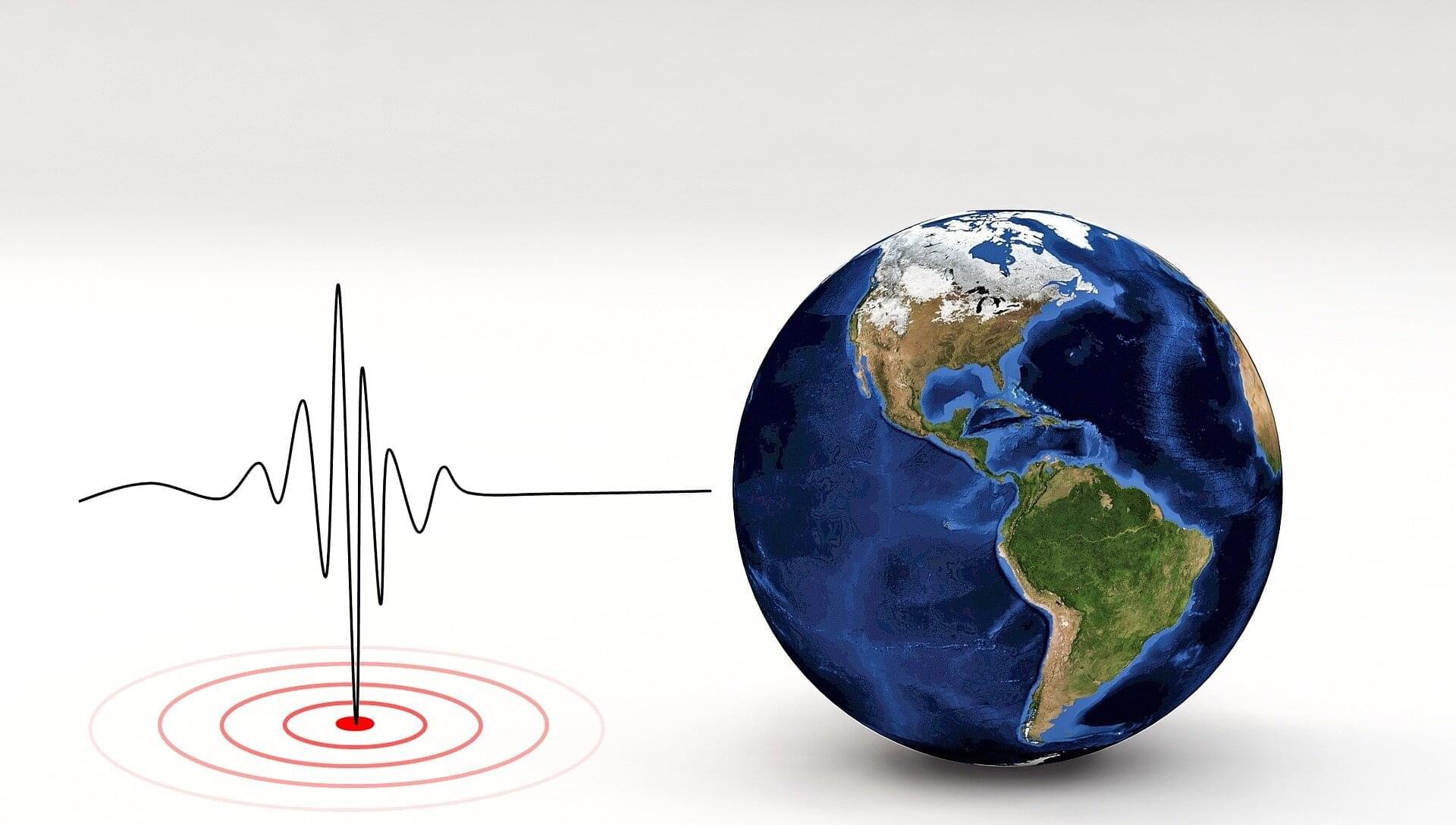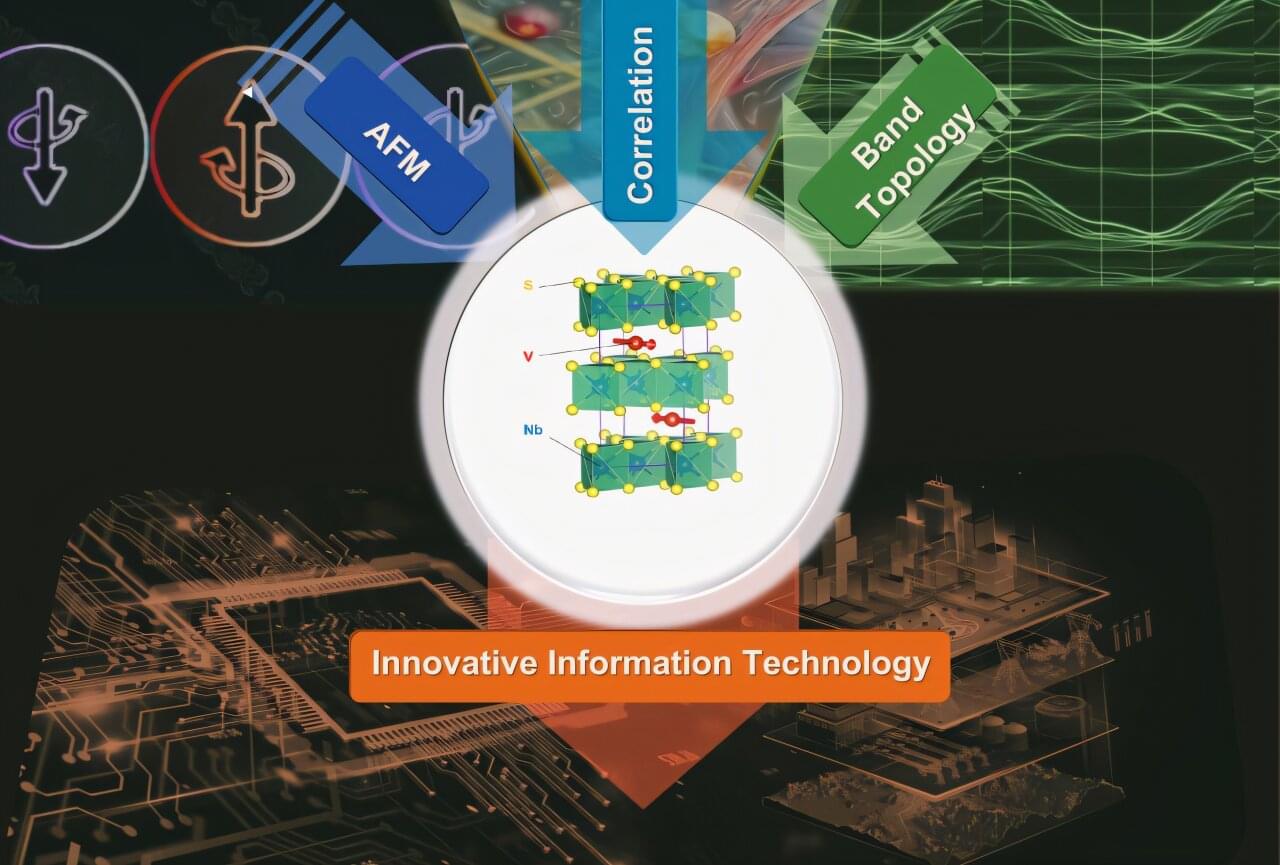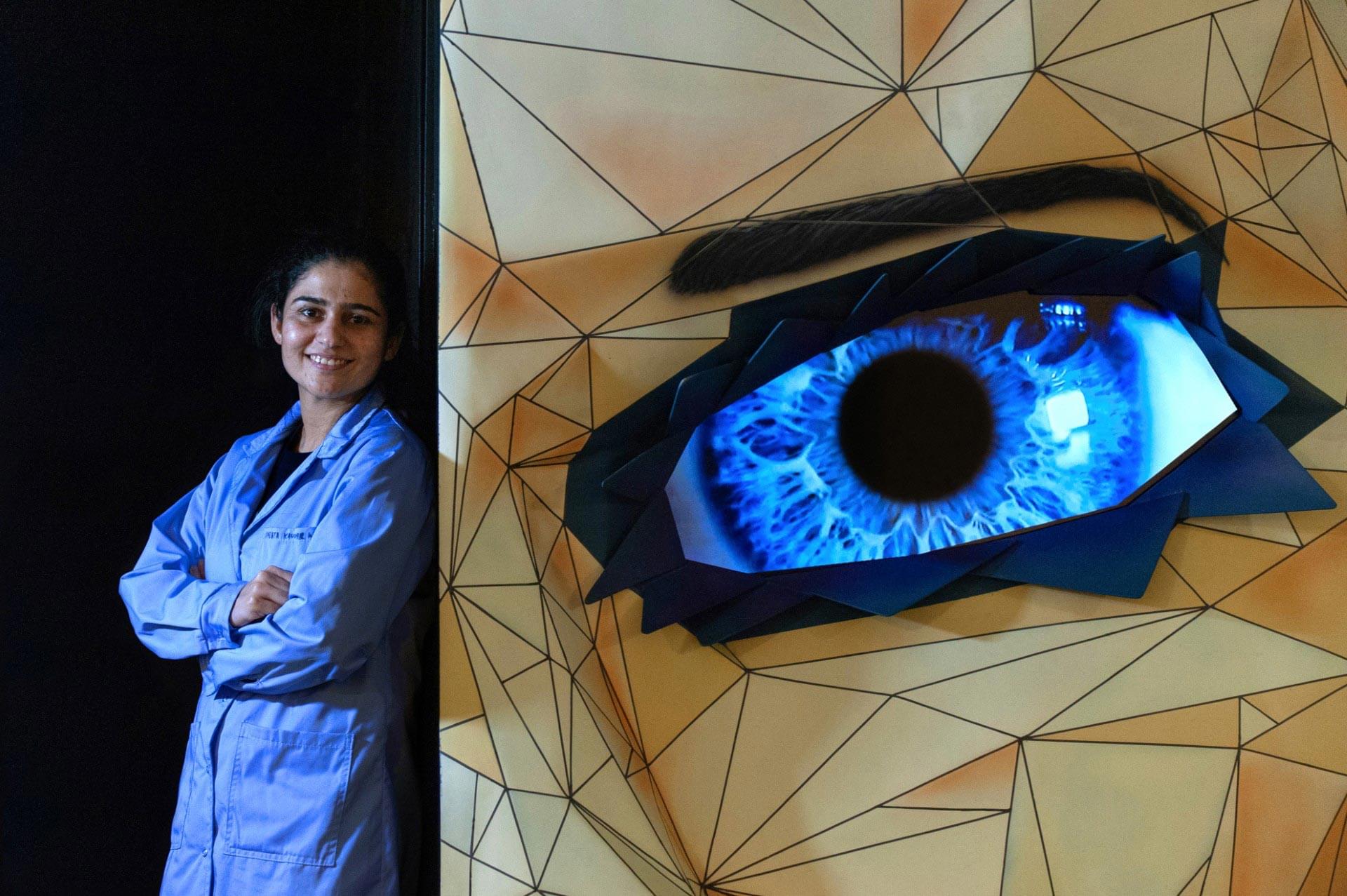Traditionally, magnetic materials have been divided into two main categories: ferromagnets and antiferromagnets. Over the past few years, however, physicists have uncovered the existence of altermagnets, a new type of magnetic material that exhibits features of both antiferromagnets and ferromagnets.
Altermagnets are magnetic materials that have no net magnetization (i.e., their atomic magnetic moments cancel each other out), like antiferromagnets. Yet they also break spin degeneracy (i.e., the usual energy equality between spin-up and spin-down electrons), similarly to ferromagnets.
Researchers at Songshan Lake Materials Laboratory, Southern University of Science and Technology, the Hong Kong University of Science and Technology and other institutes in China recently set out to realize a layered altermagnet that can generate non-collinear spin current. The room-temperature metallic altermagnet they unveiled was outlined in a paper published in Nature Physics.
